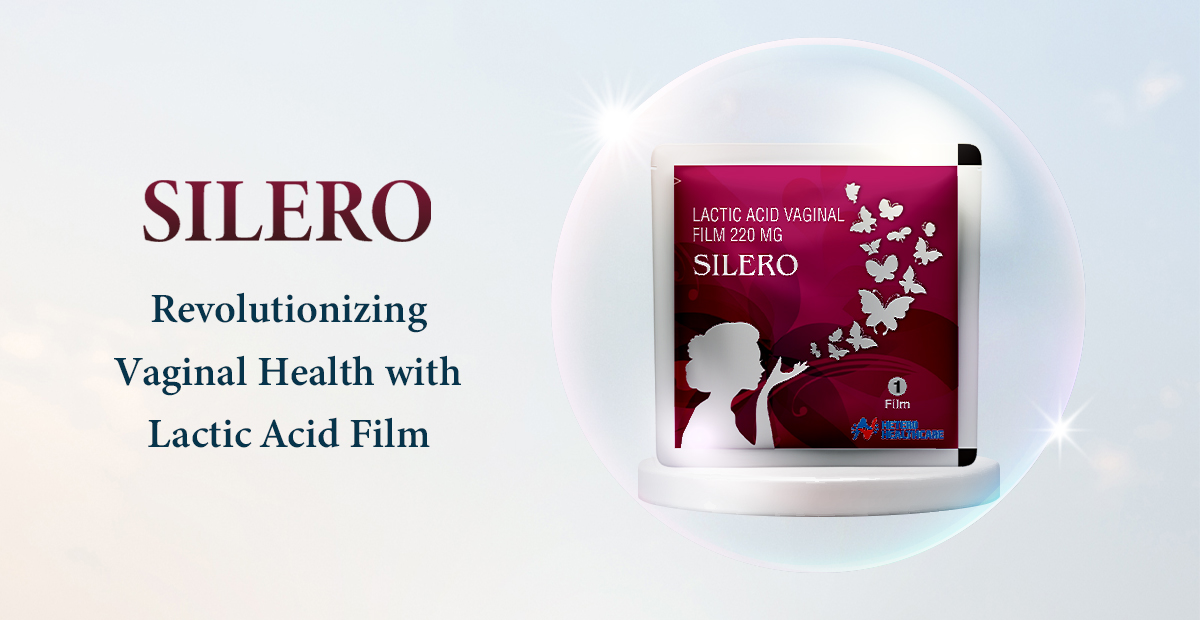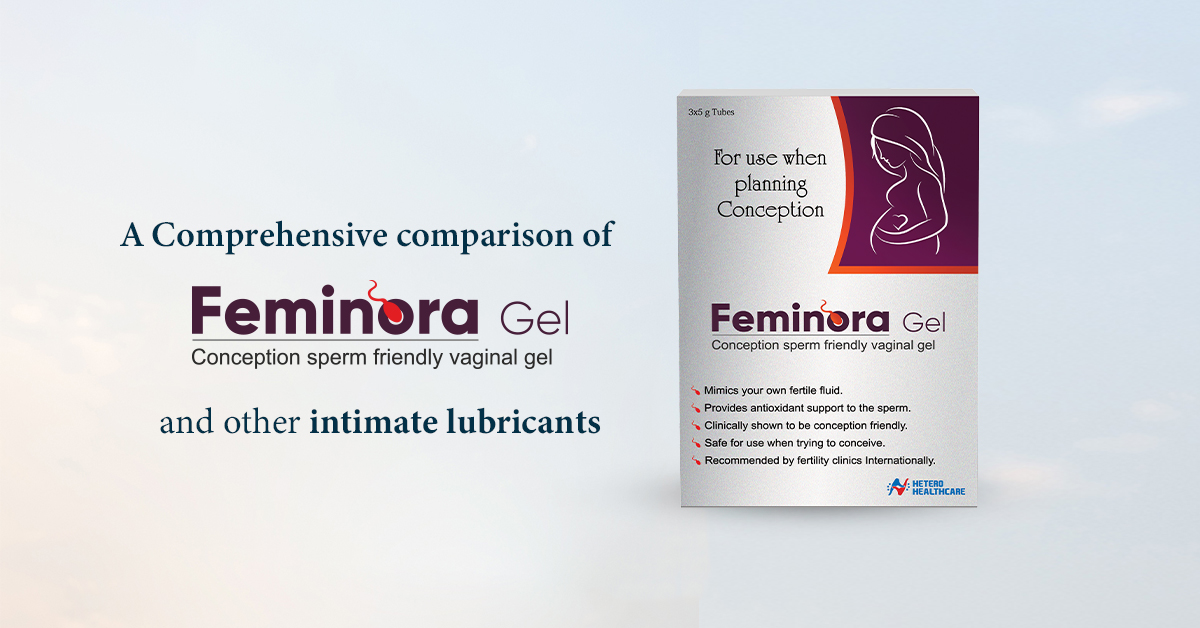Vidhita
09 Aug 2022

Your vagina is naturally lubricated due to the hormone called Estrogen which plays an important role in your sexual life as well as your vaginal health.
Sufficient vaginal lubrication makes the sexual experience pleasurable for you for lubrication prepares the vagina for penis penetration. Moisture coating the vaginal walls is an alkaline environment for the sperm to survive and is quite important if you want to get pregnant. This moisture helps in protecting the genital area from tearing and keeps your vagina clean and moist. It is also common for a healthy woman’s vagina to produce insufficient lubrication. In such times, using artificial lubrication makes sexual activity comfortable.
Natural vaginal lubrication decreases in women due to age, smoking, usage of hormonal birth control, chemotherapy, menopause, hormonal changes, pregnancy, lactation, diabetes, and the usage of antihistamines and antidepressants. Insufficient vaginal lubrication can lead to vaginal dryness or even painful sex [dyspareunia].
Here are some types of lubricants -
Vaginal lubricants will differ depending on your needs.
Discuss with your partner openly. Lubrication will ensure that you both have a comfortable sexual experience. Sometimes, a personal lubricant needs to be used; sometimes, more foreplay does the trick. Consult your gynaecologist before picking any lubricant.
Vidhita

Vidhita29 May 2024
Unveiling the Role of Feminora Gel in Boosting Fertility
Embarking on the path to parenthood is an exciting and significant chapter for many couples. But conception, the very foundation of this journey, can be a complex biological process.

Vidhita29 Mar 2024
Steering a New Era of Women's Health Empowerment in the Digital Age
Hey superwomen! We see you - juggling a career, family, personal goals, and (hopefully) finding some time for yourself.

Vidhita29 Mar 2024
Silero: Revolutionizing Vaginal Health with Lactic Acid Film
The female body is a complex and interconnected system. Often, amidst the hustle and bustle of daily life, vaginal health can be ignored.

Vidhita29 Mar 2024
A Comprehensive Comparison of Feminora Gel and Other Intimate Lubricants
In the realm of intimate well-being, the market is flooded with a myriad of products aiming to address various concerns.